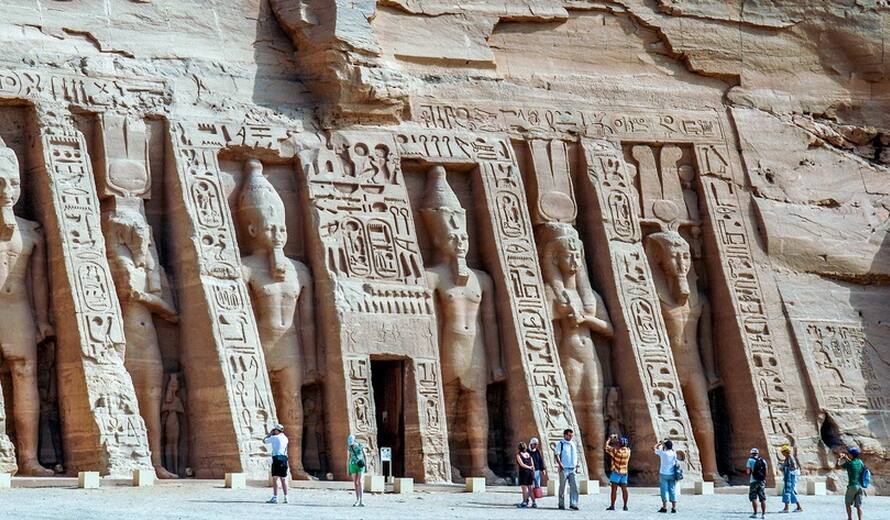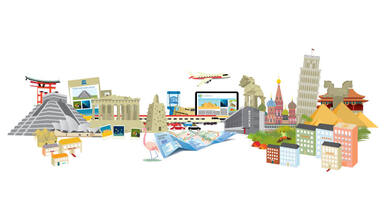Message from the Director of the World Heritage Centre on International Day for Monuments and Sites
The 2017 International Day for Monuments and Sites is dedicated to the theme “Cultural Heritage & Sustainable Tourism”, chosen in relation to the United Nations International Year of Sustainable Tourism for Development and in the context of the 2030 Agenda for Sustainable Development and the Sustainable Development Goals.
In designating 2017 as the International Year of Sustainable Tourism for Development, the United Nations General Assembly noted “the importance of international tourism in fostering better understanding among peoples everywhere, in leading to a greater awareness of the rich heritage of various civilizations and in bringing about a better appreciation of the inherent values of different cultures, thereby contributing to the strengthening of peace in the world”.
On the occasion of the International Day for Monuments and Sites this year, the World Heritage Centre wishes to join ICOMOS in encouraging local communities and individuals to consider the importance of cultural heritage to their lives, identities and communities, and to promote awareness of its diversity and vulnerability and the efforts required to protect and conserve it.
Cultural tourism presently accounts for close to 40 per cent of world tourism revenues. Cultural heritage sites in general, and those inscribed on the UNESCO World Heritage List in particular, generate substantial revenues and employment from tourism. Tourism is the most significant link between heritage assets and sustainable development. Due to its capacity for job creation, poverty reduction, human development and environmental sustainability, tourism can benefit countries in a number of ways, offering an important contribution to the overall national growth in many counties.
When undertaken responsibly, tourism is a positive force for sustainable development, conservation and environmental protection - but if unplanned, tourism can be socially, culturally and economically disruptive, and have a devastating effect on fragile environments. Poorly managed and uncontrolled tourism can be a major threat to the values of heritage and long-term economic development.
The UNESCO World Heritage and Sustainable Tourism Programme adopted by the World Heritage Committee in 2012 at its 36th session has established an international framework for the cooperative and coordinated achievement of shared and sustainable outcomes related to tourism at World Heritage properties, including sustainability, national pride, community benefit, economic development and heritage conservation.
In 2015 the General Assembly of States Parties to the World Heritage Convention also adopted a policy on the integration of a sustainable development perspective into the processes of the World Heritage Convention, which allows States Parties, practitioners, institutions, communities and networks to harness the potential of World Heritage properties, and heritage in general, to contribute to sustainable development.
To address critical policy issues, we will be developing a research and policy framework on issues linked to conservation and visitor management, communities and interpretation, and will launch an assessment tool to help practitioners establish a baseline for better tourism management.
Working with National Geographic and co-funded by the European Union, we will be creating thematic journeys to raise the profile of World Heritage in certain tourism source markets, particularly in China and North America, through a tourism focused web platform which will educate and inspire people to travel sustainably, partake in local cultural experiences and support creative industries.
To help further people’s awareness and understanding of our heritage we are adopting Open Access for much of our content. This work continues UNESCO’s collaboration with the Wikimedia community to improve World Heritage content on Wikipedia across many languages, now as part of the Connected Open Heritage project.
Let us travel, enjoy and respect the splendid heritage all over the world.

